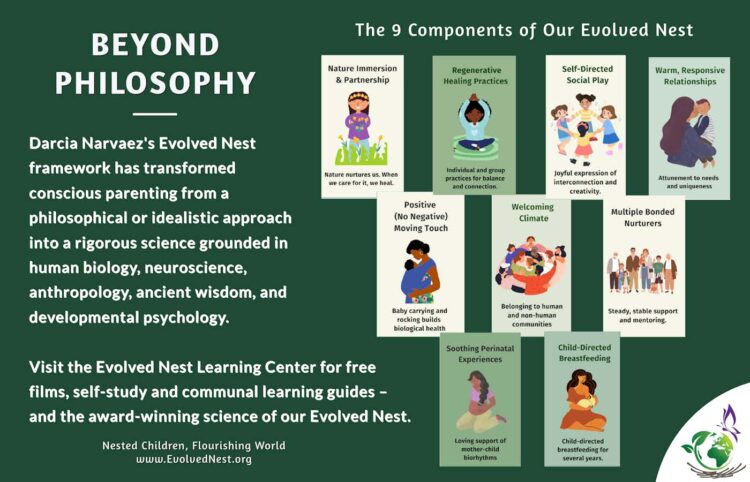Every Month Should Celebrate Breastfeeding and Breast Milk!
Test your knowledge
Although August annually is Breastfeeding Month in the USA, every month should be breastfeeding month around the world.
For the sake of babies, mothers and humanity’s future, everyone should know these facts:
 Breastfeeding at birth reduces hemorrhage and prevents multiple diseases in mothers long term (AAP, 2002).
Breastfeeding at birth reduces hemorrhage and prevents multiple diseases in mothers long term (AAP, 2002).
Breastfeeding for at least a year is vital for developing palate and jaws properly so that tongue and teeth fit—otherwise sleep problems and long face can result (Kahn et al., 2020).
Breast milk changes contents with the need of the child, creating more fat for growth spurts, creating an antibody for a local infectious agent (Clancy et al., 2013).
Breast milk changes by time of day, with energizing ingredients in the morning and sleep-inducing ingredients in the evening.
Breast milk is species specific. Thick milk has more fat and protein so the mother can leave the young for several hours to go hunting (Power & Schulkin, 2018).
Human breast milk is of the thin variety, meaning that babies are intended to be next to or on breastfeeders (not always mom) so they can ingest it frequently (several times an hour for young babies). (Ibid)
Breast milk builds the immune system, the brain and nervous system, which take around five years to reach adult level functioning (AAP, 2022).
Breastfeeding success is impaired by medicalized birth practices that interfere with the hormonal dance between mother and child during and after birthing (Ransjo-Arvidson et al., 2001).
The average age for weaning from breastfeeding for our species is four years, though the range is from 2.5-8 years and six years might be biologically optimal (Dettwyler, 1997).
Breastfeeding studies, which mostly compare 3-9 months of feeding type, show that breastfeeding is associated with greater achievement scores and many fewer health problems (AAP, 2022). Think of what four years of breastfeeding could do!
Like all evolved nest components, breastfeeding is a communal responsibility. It is one that corporation-dominated industrialized societies have largely minimized.
For example, there is no paid parental leave in the USA in part because infant formula companies lobby against it (Editorial, Lancet, 2023). Paid leave would allow mothers the freedom to breastfeed their infants and eat into corporate profits.
Find more information about breastfeeding in the special issue in The Lancet. Download the graphic.
Lots more posts on breastfeeding’s importance on Kindred here.
Find where your country ranks on breastfeeding, including the low bar of breastfeeding for 6 months.
References
American Academy of Pediatrics (2022). Newborn and Infant Breastfeeding.
Clancy, K.B.H., Hinde, K., & Rutherford, J.N. (2013). Building babies: Primate development in proximate and ultimate perspective. New York: Springer.
Dettwyler, K.A. (1997). When to wean: Biological versus cultural perspectives. Clinical Obstetrics and Gynecology, 47(3), 712-723.
Kahn, S., Ehrlich, P., Feldman, M., Sapolsky, R., & Wong, S. (2020). The Jaw Epidemic: Recognition, Origins, Cures, and Prevention. Bioscience, 70(9), 759-771. doi: 10.1093/biosci/biaa073
Narvaez, D., & Bradshaw, G.A. (2023). The Evolved Nest: Nature’s Way of Raising Children And Creating Connected Communities. North Atlantic Books.
Power, M.L., & Schulkin, J. (2016). Milk: The biology of lactation. Baltimore, MD: Johns Hopkins University Press.
Ransjo-Arvidson, A.B., Matthiesen, A. S., Nissen, E. Widstrom, A. N., & Uvnas-Moberg, K., (2001). Maternal analgesia, during labor disturbs newborn behaviour: effects on breastfeeding, temperature, and crying, Birth, 28, 5-12.
Sacker, A., Quigley, M.A., & Kelly, Y.J. (2006). Breastfeeding and developmental delay: findings from the millennium cohort study. Pediatrics 118(3), e682-e689.

